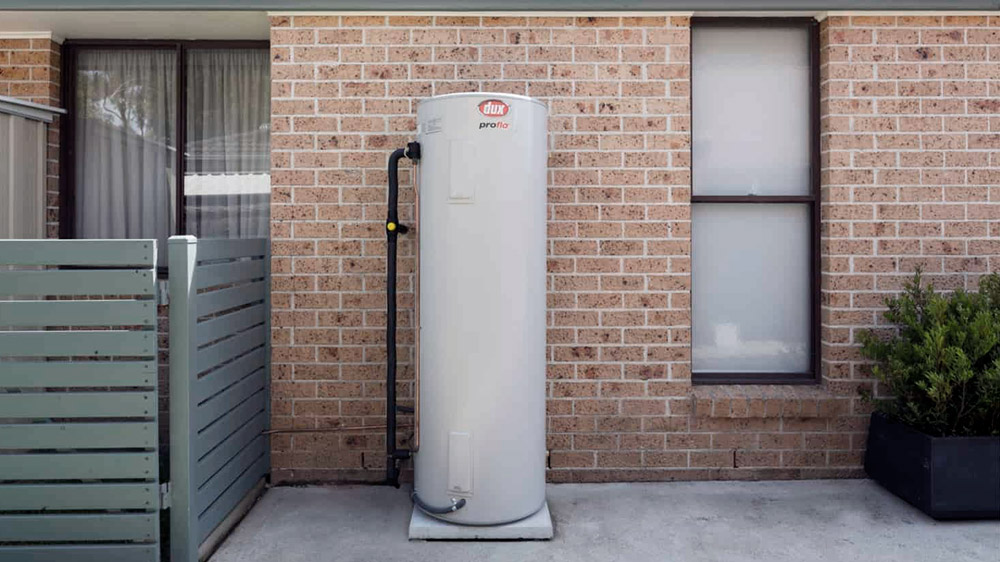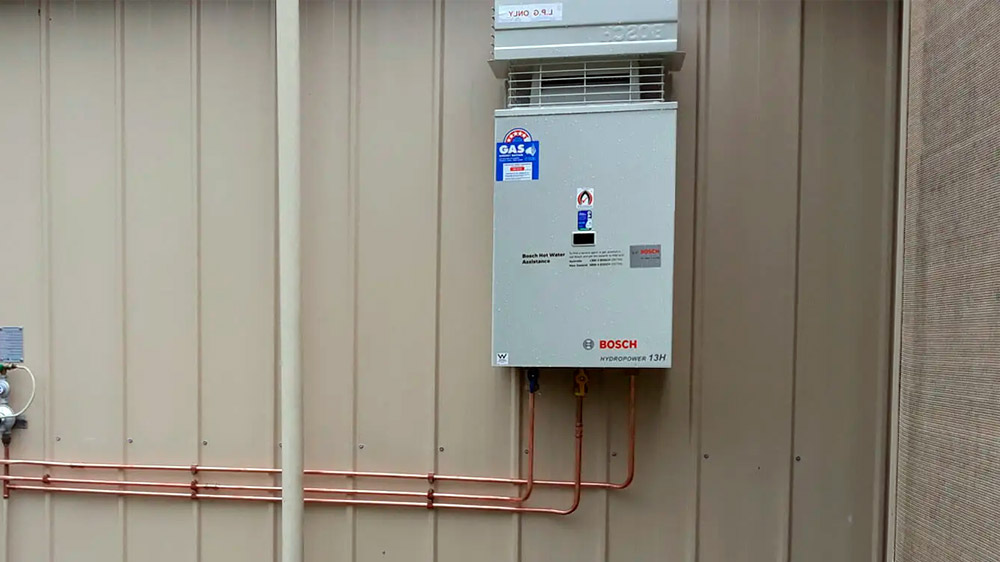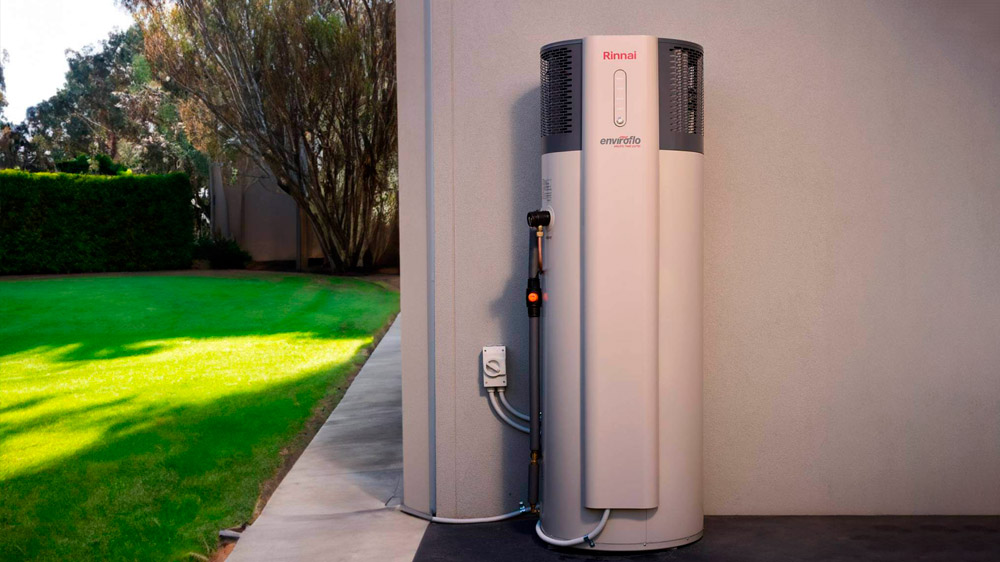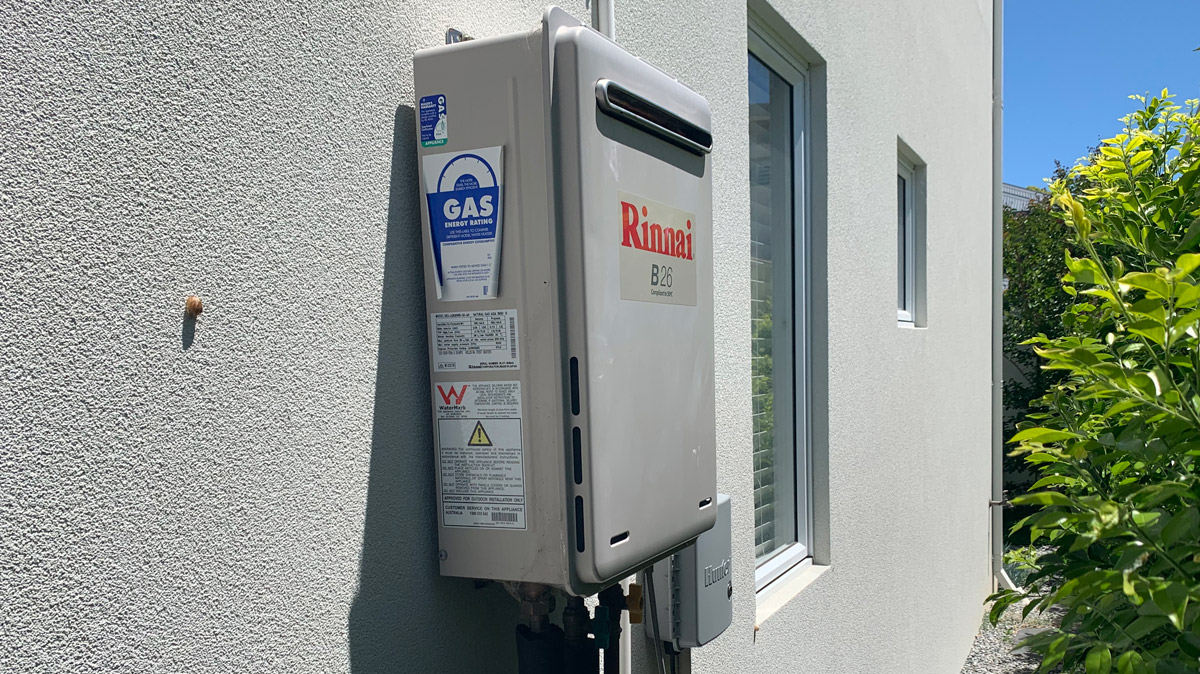Navigating the price range of hot water systems can feel like a puzzle, but understanding the key factors behind those costs can help you piece it together. From the type of system you choose to its size, brand, installation complexity, and energy efficiency, each aspect plays a role in determining the final price.
Whether you’re drawn to the affordability of electric systems, the long-term savings of solar, or the efficiency of heat pumps, each option comes with its own cost considerations. And while reputable brands might have higher price tags, they often offer superior warranties and quality.
Don’t forget, installation costs can vary too! Replacing an existing system is typically more budget-friendly than a brand-new installation. And when it comes to energy efficiency, investing in a high-efficiency system might mean a higher upfront cost, but it can lead to significant savings on running costs down the line.
Balancing your budget, household needs, and energy efficiency goals is the key to finding your perfect hot water system. Explore each factor in detail, and you’ll be well-equipped to make the most cost-effective decision for your home.
How Much Do Hot Water Systems Cost?
This table shows estimated running costs based on a one-year period using an average of 150 litres per day, which is the current average for a 4-person home and the target for the ‘Love Water‘ promotion by the Central Coast Council.
| Hot Water System Type | Purchase Price Range | Installation Costs | Running Costs |
|---|---|---|---|
| Electric | $400 – $1,800 | $1,000 – $2,000 | $900 – $1105 |
| Gas | $750 – $2,000 | $2,000 – $4,0000 | $440 – $1080 |
| Solar | $4,000 – $8,000 | $3,000 – $7,000 | $170 – $480 |
| Heat Pump | $2,500 – $6,800 | $3,000 – $7,000 | $265 – 290 |
Running Costs of Hot Water Systems
The running costs of hot water systems are a crucial factor to consider, as they can vary significantly based on the type of system and brand. Let’s explore some real-life examples from Rheem to give a clearer picture.
| Hot Water System Type | Tariff | Estimated energy used per year | Running Costs |
|---|---|---|---|
| Electric Water Heater | 30.83 c/kWh | 4531.48 (kWh) | $1536.76 |
| 4 Star Gas | 4.01 c/MJ | 22499.53 (MJ) | $1334.41 |
| 6 Star Gas Continuous Flow | 4.01 c/MJ | 18589.45 (MJ) | $1161.94 |
| Heat Pump | 30.83 c/kWh | 1412.99 (kWh) | $479.19 |
Types of Hot Water Systems

Electric Hot Water Systems
Pros
- Low Initial Cost: Generally cheaper to purchase.
- Easy Installation: Can be installed in various locations without complex requirements.
- Immediate Hot Water: Provides hot water as soon as the tap is turned on.
Cons
- High Running Costs: Electricity is more expensive than gas or solar energy.
- Environmental Impact: Less eco-friendly due to higher carbon emissions.
Cost Range
$400 – $1,800 for purchase, with installation costs between $1,000 – $2,000.
Suitability
Ideal for households without gas supply and those requiring immediate hot water provision.

Gas Hot Water Systems
Pros
- Energy Efficient: Natural gas is cheaper and more efficient than electricity.
- Continuous Supply: Ideal for large families or high water usage.
- Lower Running Costs: Natural gas is generally less expensive than electricity.
Cons
- Higher Initial Cost: More expensive to purchase and install, especially if gas lines are not pre-existing.
- Ventilation Requirements: Need proper ventilation for safe operation.
Cost Range
$750 – $2,000 for purchase, with varying installation costs.
Suitability
Best for homes with existing natural gas supply and high hot water demand.

Solar Hot Water Systems
Pros
- Environmentally Friendly: Utilises renewable solar energy, reducing carbon footprint.
- Low Running Costs: Significant savings in energy bills.
- Rebates and Incentives: Potential government incentives for solar energy use.
Cons
- High Initial Cost: Expensive purchase and installation costs.
- Dependent on Weather: Efficiency can decrease in cloudy or rainy conditions.
Cost Range
$4,000 – $8,000 for purchase, with installation costs from $3,000 – $7,000.
Suitability
Ideal for environmentally conscious households and areas with ample sunlight.

Heat Pump Systems
Pros
- Energy Efficient: Extracts heat from the air, using less electricity.
- Reduced Running Costs: More cost-effective than traditional electric systems.
- Less Weather Dependent: Operates efficiently in various climates.
Cons
- Higher Purchase Price: More expensive than standard electric systems.
- Noise: Can be louder than other hot water systems.
Cost Range
$2,500 – $6,800 for purchase, with similar installation costs to solar systems.
Suitability
Suitable for areas without gas supply and moderate climates.
How Much Does It Cost to Maintain a Hot Water System?
Regular maintenance is essential to ensure the longevity and efficiency of hot water systems. Maintenance costs can vary depending on the type of system and the specific services required. Here’s an overview:
Electric Hot Water Systems
- Typical Maintenance: Includes checking thermostats, heating elements, and electrical connections.
- Cost Factors: Parts replacement (like heating elements) can be relatively inexpensive, but costs may increase if major repairs are needed.
Gas Hot Water Systems
- Typical Maintenance: Involves inspecting burners, gas connections, and ventilation systems.
- Cost Factors: Regular servicing by a certified technician is crucial for safety and efficiency, which can add to the annual maintenance cost.
Solar Hot Water Systems
- Typical Maintenance: Involves checking solar panels, pumps, and the anti-freeze level in closed-loop systems.
- Cost Factors: Solar system components can be more expensive to replace, but less frequent maintenance is required compared to electric and gas systems.
Heat Pump Systems
- Typical Maintenance: Includes inspecting the compressor, refrigerant levels, and air filters.
- Cost Factors: Specialised servicing may be needed, potentially increasing maintenance costs.
General Maintenance Tips
- Regular Servicing: Annual or biannual servicing is recommended for most systems to ensure optimal performance.
- DIY Checks: Homeowners can perform simple checks like inspecting for leaks or ensuring clearances around the unit.
- Long-Term Savings: Regular maintenance can prevent costly repairs and extend the system’s lifespan.
- Anode Rod Replacement: Maintaining your anode rod protects your water heater tank from corrosion, extending its lifespan and saving you money on costly replacements.
Maximise Savings with Rebates and Incentives
Investing in an energy-efficient hot water system helps the environment and can lead to significant cost savings thanks to various rebates and incentives. Understanding the financial assistance available for eco-friendly hot water systems can be key in making your decision.
Available Rebates and Incentives in NSW
The NSW Government offers rebates for upgrading to more energy-efficient hot water systems. This initiative aims to encourage households to replace older, less efficient hot water systems with new, energy-saving models. Eligibility criteria and the exact rebate amounts vary, so it’s important to check the specific requirements and process for application on the NSW Government’s website. This program is part of a broader effort to promote energy efficiency in homes, reducing energy bills and environmental impact.
How Rebates and Incentives Offset Initial Costs
While the upfront cost of a more efficient hot water system can be higher, rebates and incentives can help reduce the total investment. For instance:
- A rebate might directly discount the purchase price.
- Tax credits can reduce the income tax you owe, effectively putting money back in your pocket at tax time.
- Some incentive programs even offer low-interest loans, making the initial cost easier to manage.
What Hot Water Brand Is The Best?
A recent survey from Canstar Blue found that Solahart, known for solar hot water systems, received high customer satisfaction ratings, earning five stars in areas like features, performance, design, and overall satisfaction. It got four stars for value for money. Solahart specializes in rooftop and split system solar hot water heaters, using the sun’s energy, which can reduce energy costs and possibly increase home value. They also offer heat pump water heaters as an alternative.
In second place was Chromagen, who received a high customer satisfaction rating, earning five stars for value and four stars across other categories such as design, performance, features, and overall satisfaction. The brand offers various hot water systems including gas, heat pumps, and solar options. Its gas range features high energy efficiency, while the heat pump models come in different capacities. The solar options, appealing to eco-conscious consumers, include roof and split systems, available in 200L or 300L sizes.
In third place was Rinnai who received four stars for features, performance, design, and overall satisfaction, and three stars for value for money. The brand offers a variety of hot water systems, including continuous flow and solar systems, plus storage options. Its Infinity range, known for electronic gas flow systems, boasts energy efficiency ratings up to seven stars depending on the model. The Instantaneous line, including the compact Flowmaster 10, caters to those with minimal hot water needs, not requiring a power point for operation.
Your Local Hot Water Experts
True Flow Plumbing and Drains is committed to delivering top-notch hot water systems at competitive prices. They collaborate with leading brands in the industry to offer dependable services and products. With skilled technicians specialising in hot water systems on the Central Coast, True Flow Plumbing and Drains ensures efficient installation and maintenance, enhancing the longevity and efficiency of your system. Whether you’re in need of hot water solutions in their specific service areas, reach out to True Flow Plumbing and Drains for expert assistance in maintaining a steady supply of hot water.



